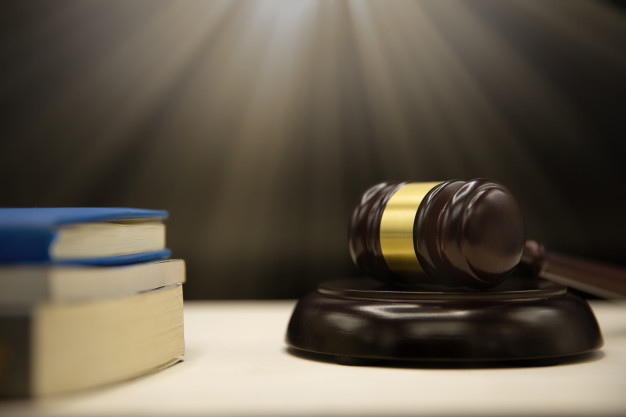 The Delhi High Court recently heard, in the case of D&H India v Superon Schweisstechnik India, an appeal from the order of a single judge and ruled on the circumstances in which an amendment to a claim of first use of a trademark can be made.
The Delhi High Court recently heard, in the case of D&H India v Superon Schweisstechnik India, an appeal from the order of a single judge and ruled on the circumstances in which an amendment to a claim of first use of a trademark can be made.
The case was brought by Superon Schweisstechnik India against D&H India seeking a permanent injunction against the use by the defendants of the mark Supercrome. The plaintiffs alleged similarities between its registered trademark Superon and the defendants’ trademark Supercrome. The plaintiffs contended that they had been using the mark Superon since 2004. The defendant, however, stated that it had been using the Supercrome trademark since 2001 and relied on section 34 of the Trade Marks Act, 1999. The plaintiffs applied to amend their claim to show that they had, in fact, adopted the mark Superon in 1994. They claimed that such use was derived through a company in the same group to which the plaintiffs belonged.
The high court held that the single judge had considered the merits of the application that had been before the registrar and had formed an independent judgment. The court considered that the registrar had indeed exceeded his jurisdiction, but held that the way in which the single judge had dealt with the appeal had rendered this issue meaningless. The court then considered the relevant factors in an application for amendment under order VI, rule 17 of the Civil Procedure Code, 1908 (CPC) in trademark infringement cases.The defendants submitted that the proposed amendment was being introduced by way of hindsight to overcome the case advanced by the defendants in their written statement. The registrar allowed the amendment but the defendant appealed to the single judge, who upheld it. The appeal came before the high court and was argued on several grounds. The defendants argued that the registrar was not competent to adjudicate on the application as the amendment could not be regarded as “formal” in nature and since the registrar only had jurisdiction to grant amendments of a “formal” nature he had exceeded his jurisdiction. In consequence, the judgement of the single judge was vitiated.
The right to amend has advisedly been made expansive, except in cases where the trial has already commenced. Order VI, rule 17, permits the court at any stage of the proceedings to allow either party to alter or amend their pleadings in such manner and on such terms as may be just, and specifically states that “all such amendments shall be made as may be necessary for the purpose of determining the real questions in controversy between the parties”. The provision therefore places a duty on a court to allow such amendments as may be necessary for the purpose of determining the real questions in dispute between the parties. The proviso to the rule mitigates the rigour of the rule only in cases where the trial has already commenced. In that case, the amendment can be allowed only if the court concludes that, in spite of due diligence, the party could not have raised the matter before the commencement of trial. In Superon, the trial on the issues had not started when the plaintiffs applied to amend their case.
The court made the specific point that all that was required was whether the amendment sought by the plaintiffs was necessary for the purpose of determining the real questions in dispute between the parties. The court stated that prior user is one of the essential matters to be examined in a case involving claims of trademark infringement and passing off. The date from which the plaintiffs were using the Superon trademark was fundamental to the way in which the dispute would be settled and this would be sufficient to justify allowing the amendment sought by the plaintiff.
In coming to its decision, the court cited previous judgments giving guidance as to the way in which order VI, rule 17, should be interpreted and followed their ratios, including the verdicts of the Supreme Court in Rajesh Kumar Agarwal & Ors v KK Modi & Ors, Lakha Ram Sharma v Balar Marketing Private Ltd & Ors and Revajeetu Builders and Developers v Narayanaswamy and Sons and Ors. The court also cited other cases in support of its unequivocal ruling that a court hearing an application to amend the case at the pre-trial stage must not adopt an unduly narrow approach, which may prejudice the rights of the applicant to put relevant facts before the trial court.
Omesh Puri and Ruchi Sarin discuss this provision in their article first published in IBLJ.



